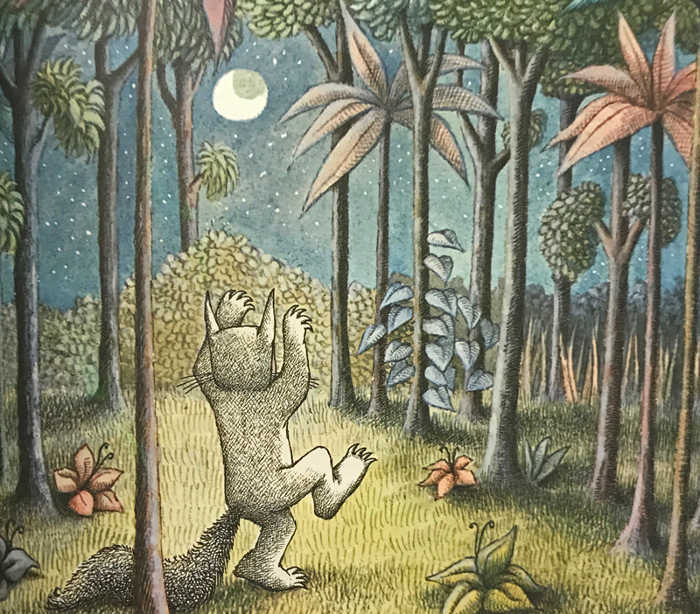FWP:
For background see S. R. Faruqi's choices. For more on Ghalib's unpublished verses, see the discussion in {4,8x}.
In Urdu, sun'nā can mean both 'to listen to' and 'to hear'. So we can't tell whether the speaker is deaf, or is alone and out of earshot of others, or is simply refusing to listen to them. Nor can we tell why he doesn't speak-- is he mute? Is he alone? Is he deliberately refusing to communicate?
And if we hope that the second line will narrow down the options, we're out of luck. For the 'wounded' head may be one either unable to hear or speak (through some physical wound), or simply disinclined to do so (through weariness or disaffection). And the 'tumult of wildness/madness' may be an actual physical noise (such that one couldn't hear or speak over it), or the disturbing experience of a 'desert, solitude' (such that one would be entirely without human companionship), or the turbulence of 'distraction, madness' (such that one would be too insane to communicate with others).
For more on the double reading of salāmat proposed in the second line, see the discussion in {51,4}. But what does it mean to salute, or to wish well to, this 'wounded head' and this 'tumult of wildness/madness'? Would it be well for it to be even madder, or to continue as it is, or to become a bit less mad?
The verse is of the classic 'A,B' kind, and so requires (or permits) us to decide all such questions for ourselves. Here are some possible ways to connect the two lines:
=Since the speaker has no human contact, his own madness is all he has in the world, and he values it.
=The speaker doesn't maintain any human contact, and is quite mad, and that's how he likes things to be.
=Thanks to his madness, the speaker is fortunately not obliged to maintain any human contact.
=A total lack of human contact is one of the symptoms and/or causes of the speaker's madness.
=Alas, the speaker can't maintain any human contact-- he hopes his poor head and his mad condition will improve, and won't get any worse!
And of course, these various readings also permit a wide variation in the tone or mood of the verse-- which we also have to decide for ourselves, afresh, every time we recite it.
On the colloquially omitted bāt in
bāt sun'nā and bāt kahnā , see {59,2}.

Asi:
I neither speak myself, nor listen to the speech of others. May the Lord grant that my head, which wildness has made worn-down, would remain safe/well.
== Asi, p. 100